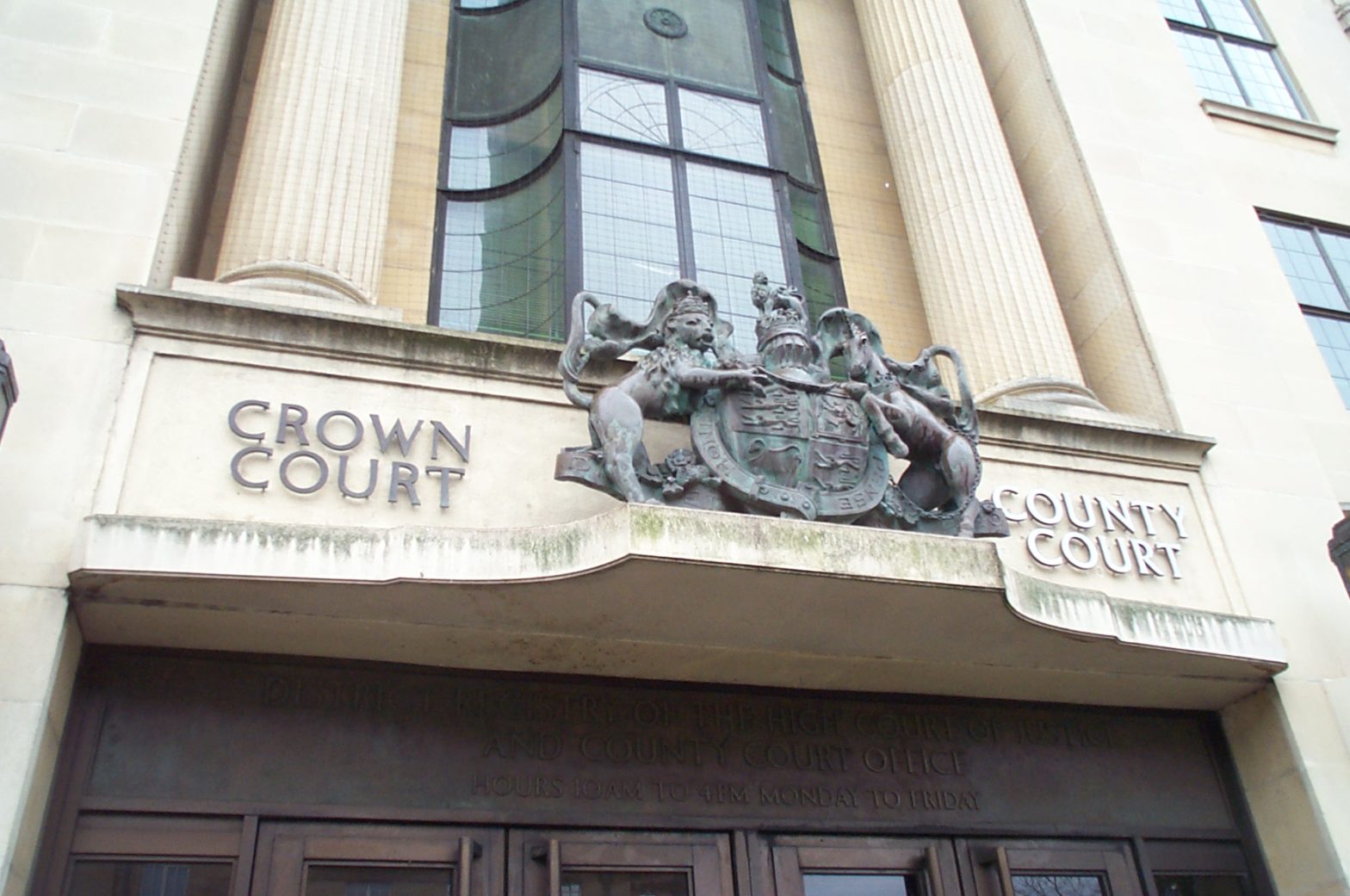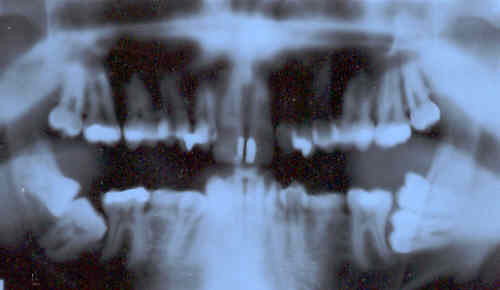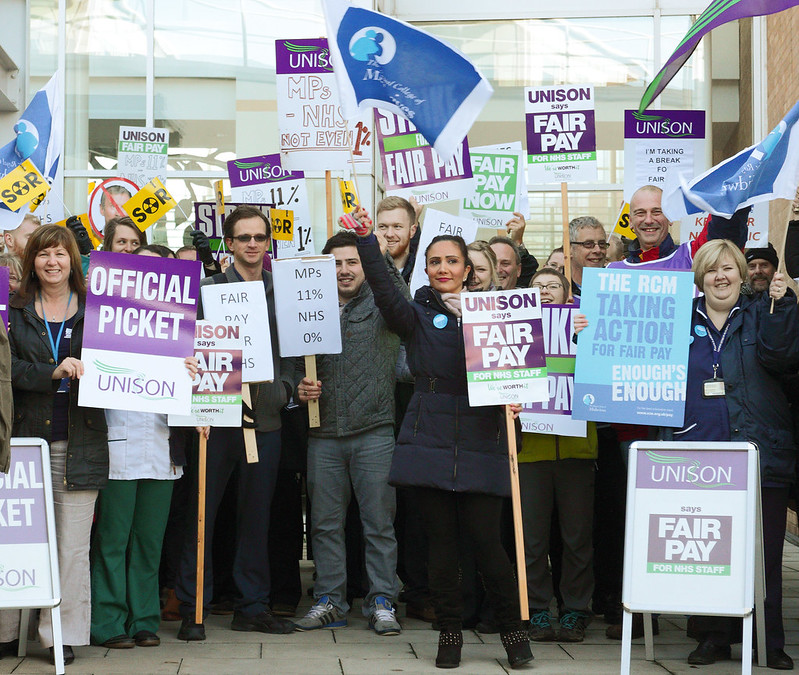Sometimes you can commit an offence without doing very much at all. Harbouring an escapee is one of those offences. The offence is committed if you harbour a person who has escaped from prison or assisting an escapee by giving that person any assistance with intent to prevent, hinder or interfere with him being taken… Continue reading Harbouring an Escapee
Cutting Crime and Building Safer Communities?
The government has announced that there will be new legislation designed to cut “crime and build safer communities”. The Police, Crime, Sentencing and Courts Bill is intended to give the police: “the powers and tools they need to protect themselves and the public”. The measures include: Positions of Trust Existing legislation will be widened to include sports… Continue reading Cutting Crime and Building Safer Communities?





